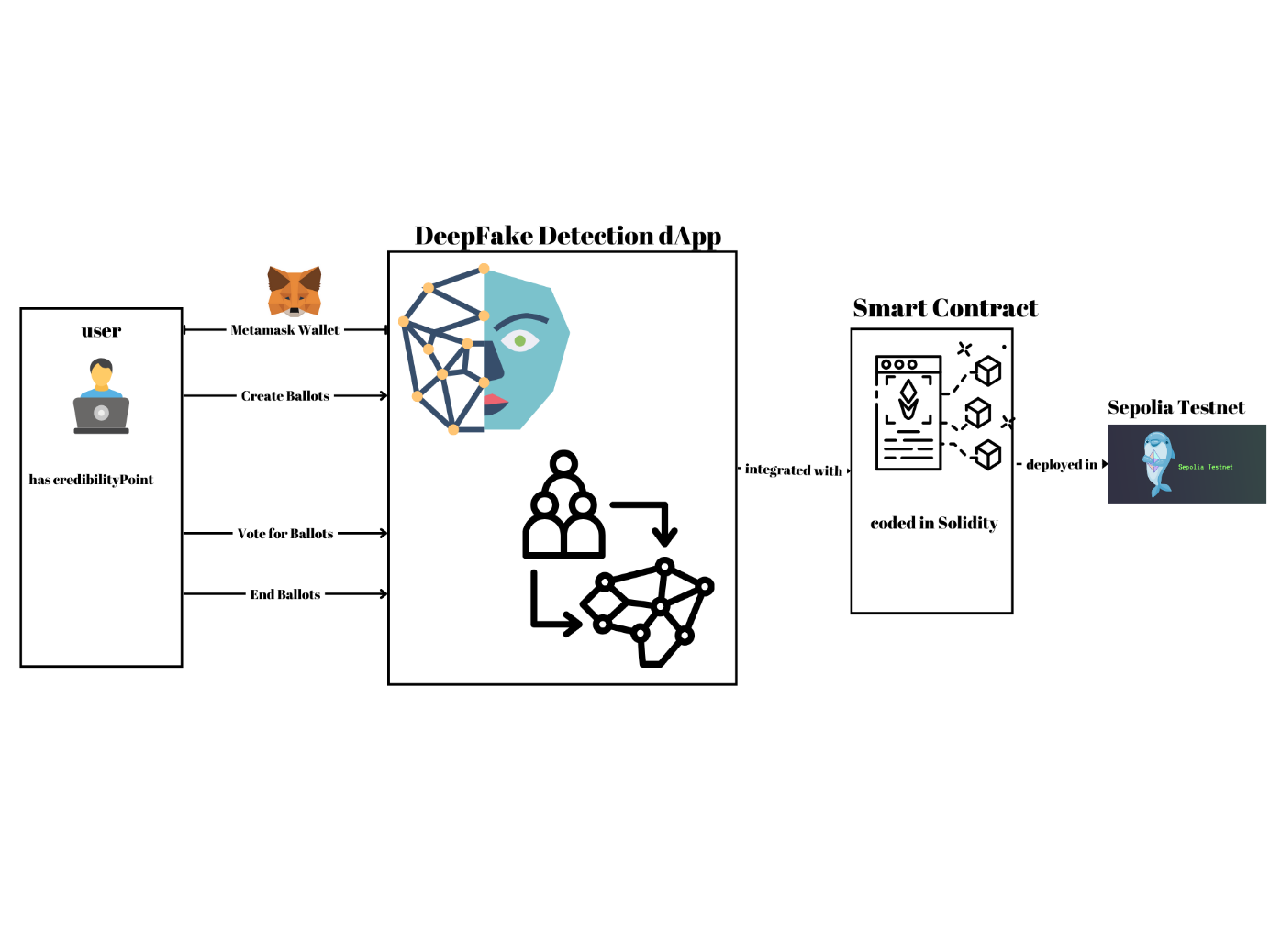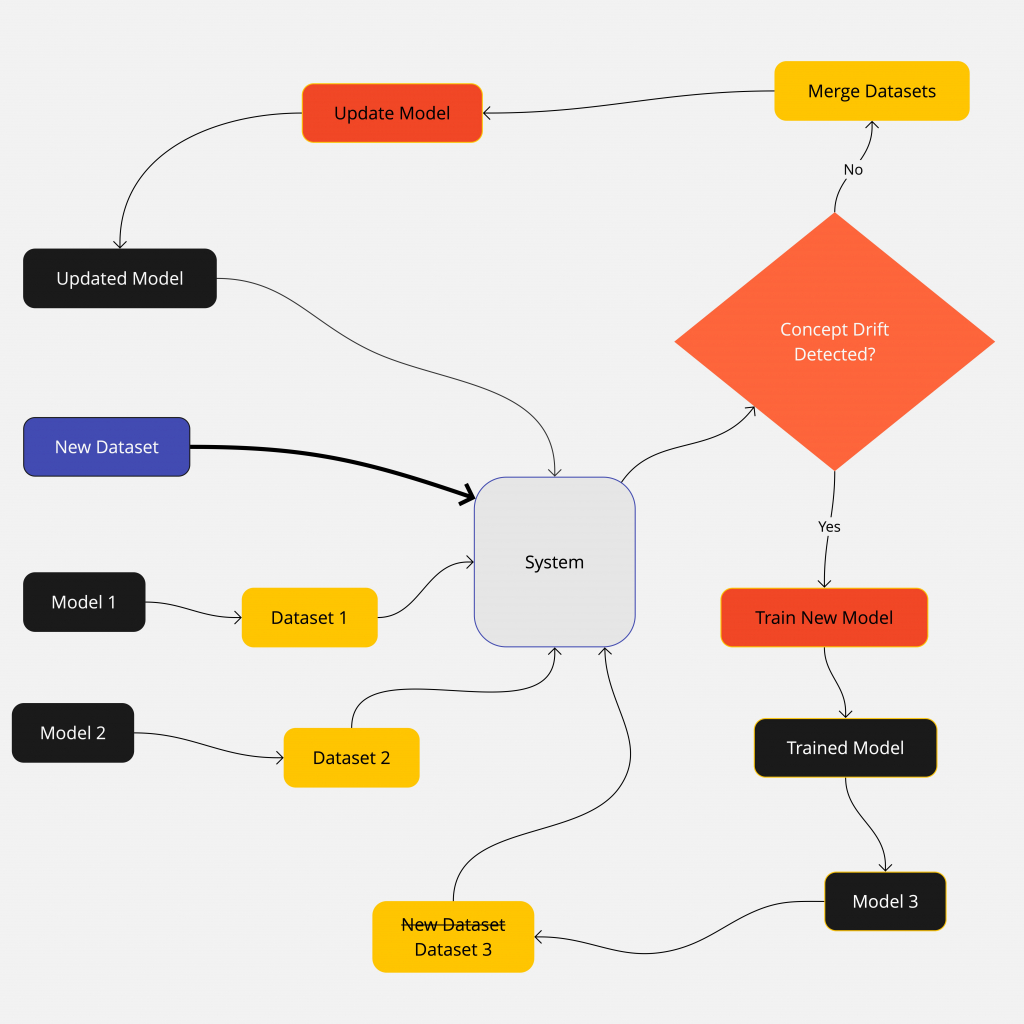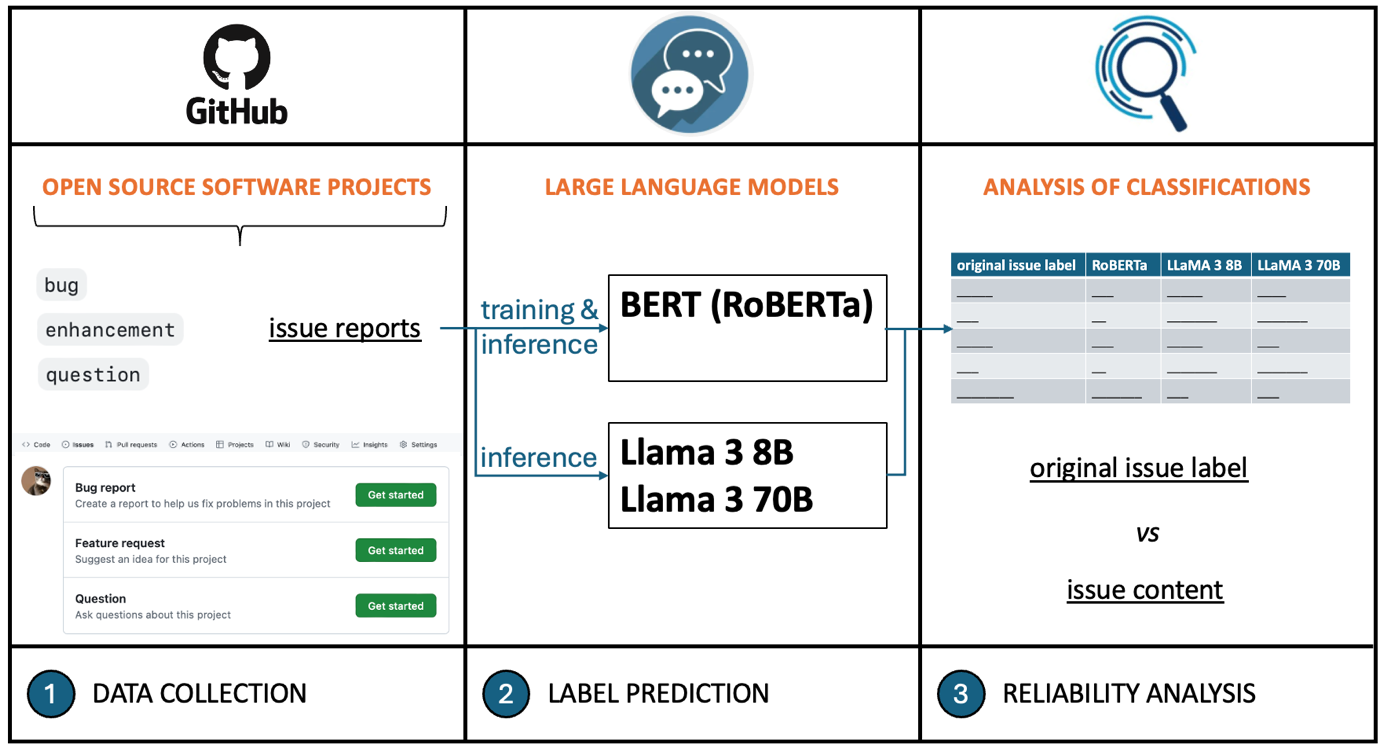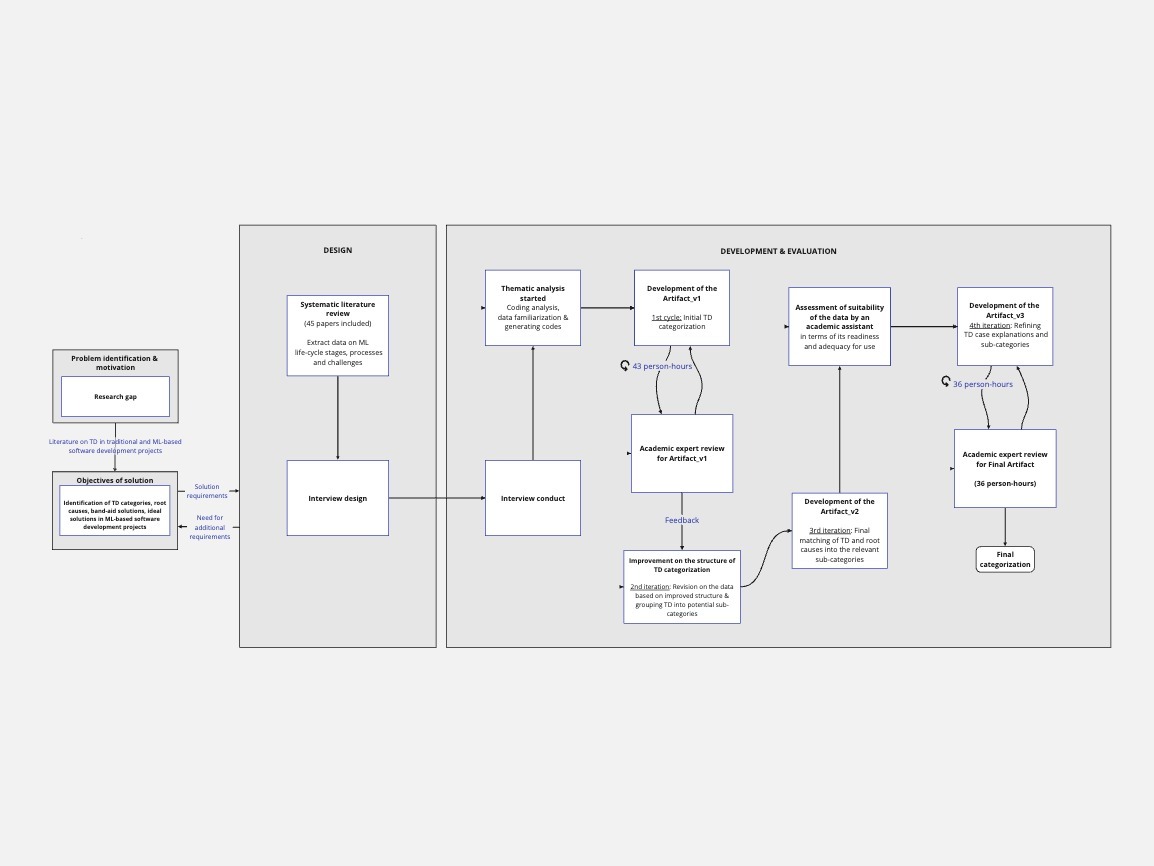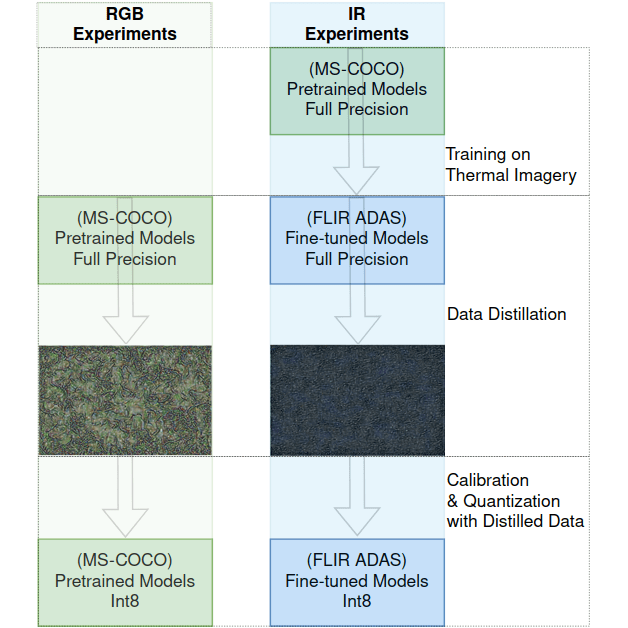Mustafa Zemin, Deepfake Detection System Through Collective Intelligence in Public Blockchain Environment
This thesis presents a Deepfake Detection System that leverages public blockchain and collective intelligence to address the growing threat of digital misinformation. Implemented on the Ethereum Sepolia testnet, the system combines human collaboration and decentralized technology to detect deepfakes independent of their generation methods. Using smart contracts ensure transparency, fairness, and scalability by automating voting processes and adjusting user credibility based on voting accuracy. The system builds trust and accuracy by normalizing user influence and promoting open participation. This study demonstrates the system’s robustness, scalability, and ability to combat misinformation, while laying the foundation for blockchain-based verification in other fields.
Date: 07.01.2025 / 14:00 Place: A-212
